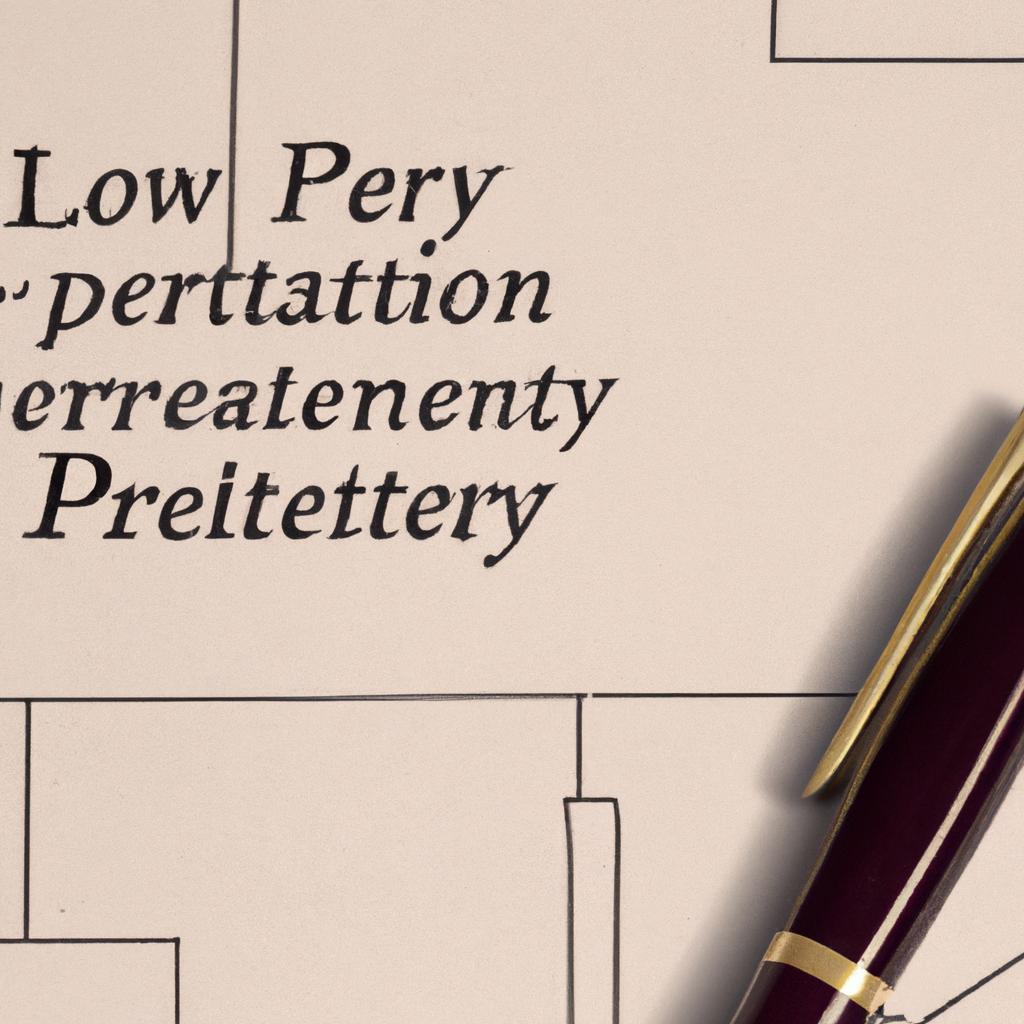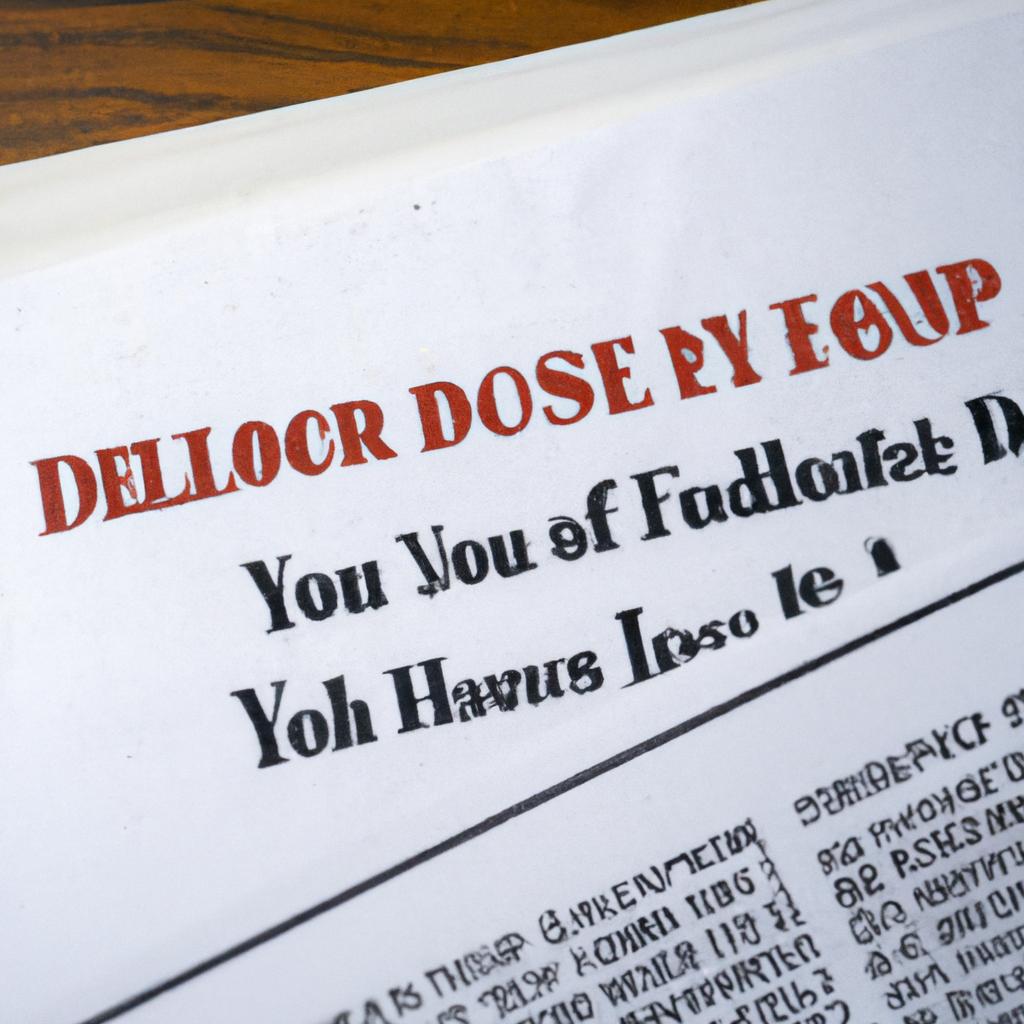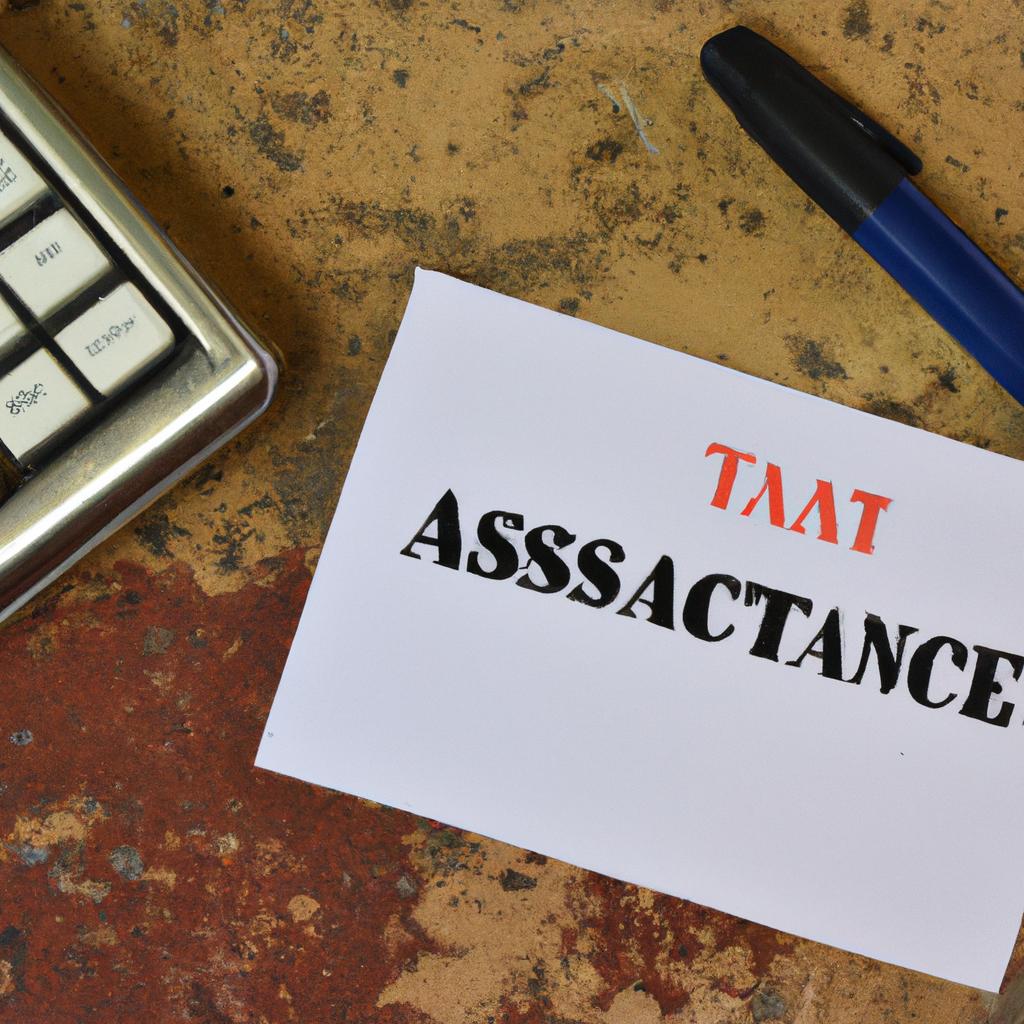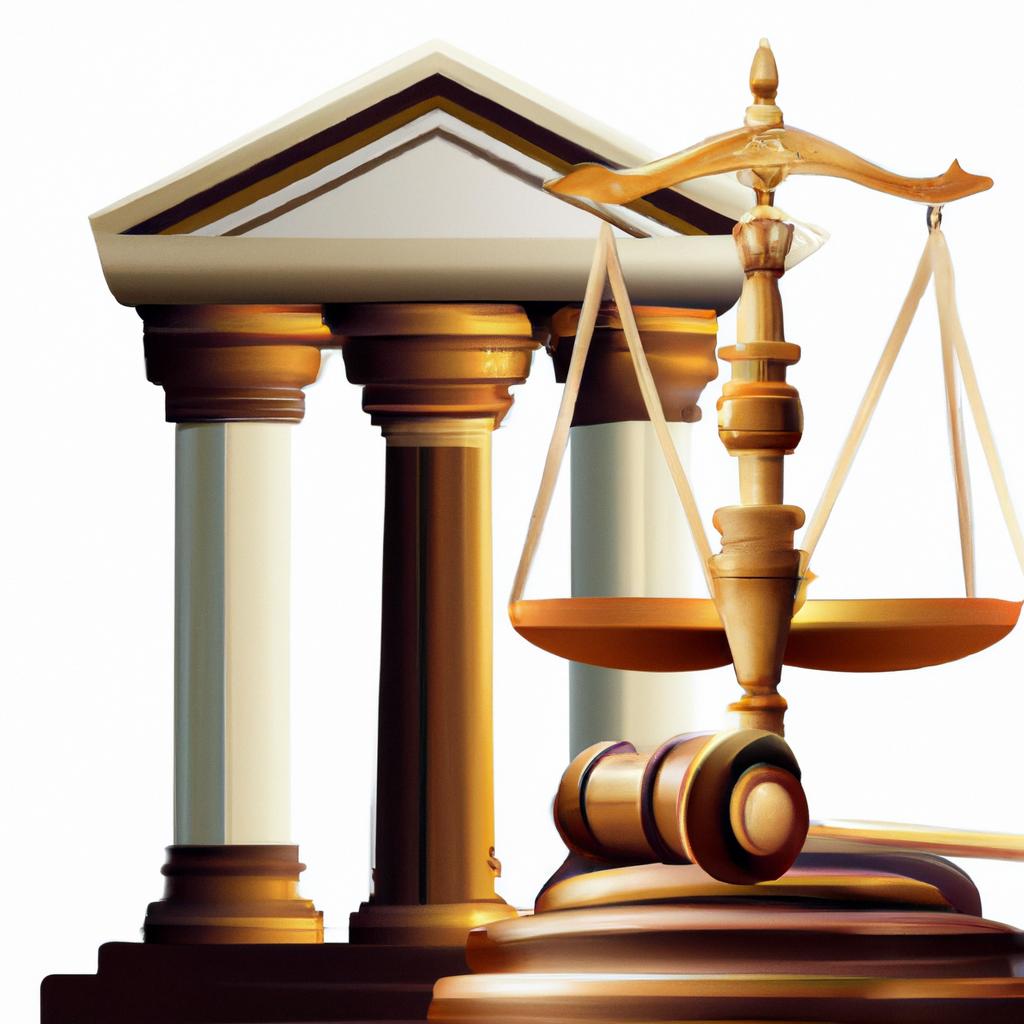In the intricate tapestry of property ownership, the deed to one’s house serves as a vital thread that ties together the rights and responsibilities of homeownership. As seasoned legal practitioners at Morgan Legal Group, located in the bustling heart of New York City, we understand the significance of possessing a copy of this crucial document. In this article, we delve into the nuances of obtaining a copy of the deed to your house, guiding you through the labyrinthine process with clarity and precision. Join us as we unravel the complexities and demystify the steps necessary to secure this fundamental proof of property ownership.
Locating Your Property Deed: A Crucial Step in Estate Planning
When it comes to estate planning, one crucial step that often gets overlooked is locating your property deed. Your property deed is a vital document that proves your ownership of a property, and having a copy of it readily available can greatly simplify the estate planning process for your loved ones after you pass away.
There are several ways you can obtain a copy of the deed to your house:
- Visit the County Clerk’s Office: The County Clerk’s Office in the county where your property is located should have a copy of your property deed on file.
- Contact a Title Company: A title company can help you obtain a copy of your property deed for a small fee.
- Check Online: Some counties have online databases where you can search for and download a copy of your property deed.

Navigating the Public Records: How to Find Your House Deed
When it comes to finding a copy of the deed to your house, navigating public records can be a crucial step in the process. Understanding where to look and how to obtain this important document can provide valuable insights into your property ownership. Here are some key points to consider when searching for your house deed:
- Start by visiting the county clerk’s office where your property is located.
- Request a copy of your deed by providing your property address or owner’s name.
- Pay any necessary fees for obtaining a certified copy of the deed.
Additionally, you can access online databases or hire a title company to assist you in locating and obtaining a copy of your house deed. By following these steps, you can ensure that you have a clear understanding of your property rights and ownership.

Seeking Assistance From a Title Company or Real Estate Attorney
If you are in need of a copy of the deed to your house, it is essential to seek assistance from a title company or a real estate attorney. These professionals have the expertise and resources to help you obtain the necessary documents for your property. By working with a title company or real estate attorney, you can ensure that the process is handled efficiently and accurately.
When looking for a copy of the deed to your house, consider the following options:
- Reach out to a title company in your area
- Contact a real estate attorney for legal guidance
- Visit the county clerk’s office for information

Tips for Safeguarding and Storing Your Property Deed
When it comes to safeguarding and storing your property deed, it is essential to take the necessary precautions to protect this crucial document. Your property deed is a legal document that proves your ownership of a property, so it is essential to keep it safe and secure. Here are some tips to help you safeguard and store your property deed:
- Use a safe deposit box: Consider storing your property deed in a safe deposit box at a bank. This provides an extra layer of security and ensures that your deed is protected from theft, fire, or other disasters.
- Make copies: It is important to make copies of your property deed and store them in different locations. This way, if your original deed is lost or destroyed, you will have backup copies to rely on.
- Consider digital storage: In addition to physical copies, you may also want to consider storing a digital copy of your property deed. This can be done by scanning the document and saving it on a secure cloud storage platform.
Q&A
Q: Where can I obtain a copy of the deed to my house?
A: You can obtain a copy of the deed to your house by visiting the county recorder’s office in the county where the property is located. It is also possible to request a copy online through the county’s website or through a third-party service that specializes in retrieving property records. Additionally, you can contact the title company that handled the closing of your property to request a copy of the deed.
Final Thoughts
In conclusion, obtaining a copy of the deed to your house is an important step in protecting your property rights and ensuring peace of mind. Whether you choose to contact your local county recorder’s office, hire a title company, or use an online service, rest assured that the process is relatively straightforward. By having a copy of your deed on hand, you can easily prove homeownership and make informed decisions about your property in the future. So don’t wait any longer – take the necessary steps to secure your deed and safeguard your investment in your home.
 Where Can I Obtain a Copy of the Deed to My House? A Comprehensive Guide
Where Can I Obtain a Copy of the Deed to My House? A Comprehensive Guide
If you are a homeowner, you may have asked yourself, “Where can I obtain a copy of the deed to my house?” The deed is a crucial legal document that proves ownership of a property and outlines the property’s legal description, boundaries, and any easements or restrictions. It is essential to have a copy of the deed for various reasons, such as selling the property, obtaining a mortgage, or making improvements to the land. In this article, we will explain what the deed is, why it is important, and how you can obtain a copy of your property’s deed.
What is a Deed?
A deed is a written legal document that transfers the ownership of a property (real estate) from one party to another. The person transferring the property is known as the grantor, while the person receiving it is called the grantee. The deed must be signed by the grantor in the presence of a notary public to be legally binding.
The deed contains crucial information about the property, including the names of the grantor and grantee, the legal description of the property, and any restrictions or encumbrances. It is recorded in the county or state where the property is located and serves as proof that the grantee is the rightful owner of the property.
Why is a Deed Important?
The deed is a critical document in any real estate transaction because it legally transfers ownership of a property. Without a deed, you cannot prove that you own the property and may face challenges when trying to sell, mortgage, or make improvements to the land. It is also essential to have a copy of the deed to protect yourself from potential fraud or legal disputes.
How to Obtain a Copy of a Deed?
If you are wondering, “Where can I obtain a copy of the deed to my house?”, here are several options to consider:
1. Contact the County Clerk or Recorder’s Office
The county clerk or recorder’s office is the most common place to obtain a copy of a deed. This office is responsible for recording and maintaining land records, including deeds, in the county where the property is located. Most county websites have an online search feature that allows you to type in your property’s address and view available records, including the deed. If the deed is not available online, you can request a physical copy from the office by mail or in person.
2. Check with the Property Appraiser’s Office
In some states, the property appraiser’s office is responsible for maintaining property records, including deeds. Check with your local property appraiser’s office to see if the deed is available online or if you can obtain a copy from them.
3. Visit the Title Company or Attorney That Handled the Closing
If you purchased your property recently, you can reach out to the title company or attorney that handled the closing to request a copy of the deed. They often keep copies of important legal documents, such as the deed, for their clients.
4. Search Online Public Record Databases
There are many online public record databases available that allow you to search for deeds by address or property owner’s name. Some of the popular ones include PropertyShark, RealtyTrac, and CourthouseDirect. However, keep in mind that these databases may not always have the most current and accurate information.
5. Consider a Deed Retrieval Service
If all else fails and you cannot obtain a copy of the deed on your own, you can consider hiring a deed retrieval service. These services specialize in locating and obtaining copies of deeds for a fee.
Fees and Considerations
The fees for obtaining a copy of a deed vary depending on where you are obtaining it from and the number of pages. Generally, you can expect to pay between $0.50 to $2 per page. Some offices also charge a search fee, which can range from $5 to $10. It is important to note that the fees for obtaining a copy of a deed may vary depending on your location and the specific office’s policies.
Tips for Obtaining a Copy of a Deed
Here are some practical tips to keep in mind when obtaining a copy of a deed:
– Ensure that you are obtaining the deed from the correct office or agency. Some states may have multiple offices responsible for maintaining land records.
– Provide as much information as possible, such as the current and previous owner’s names, property address, and parcel number (if available), to make the search easier.
– Have a valid ID with you when requesting a copy of the deed in person.
– Be patient and allow at least a week to receive a copy if you are obtaining it by mail.
– Keep your copy of the deed in a safe and easily accessible place.
Conclusion
Obtaining a copy of the deed to your house is an essential process for any homeowner. It is the document that proves you are the rightful owner of the property and outlines its legal boundaries and restrictions. There are various ways to obtain a copy of the deed, including contacting the county clerk or recorder’s office, searching online public record databases, or using a deed retrieval service. Remember to have all necessary information and identification when requesting a copy to expedite the process. With the right knowledge and resources, you can easily obtain a copy of the deed to your house and safeguard your property’s ownership.

